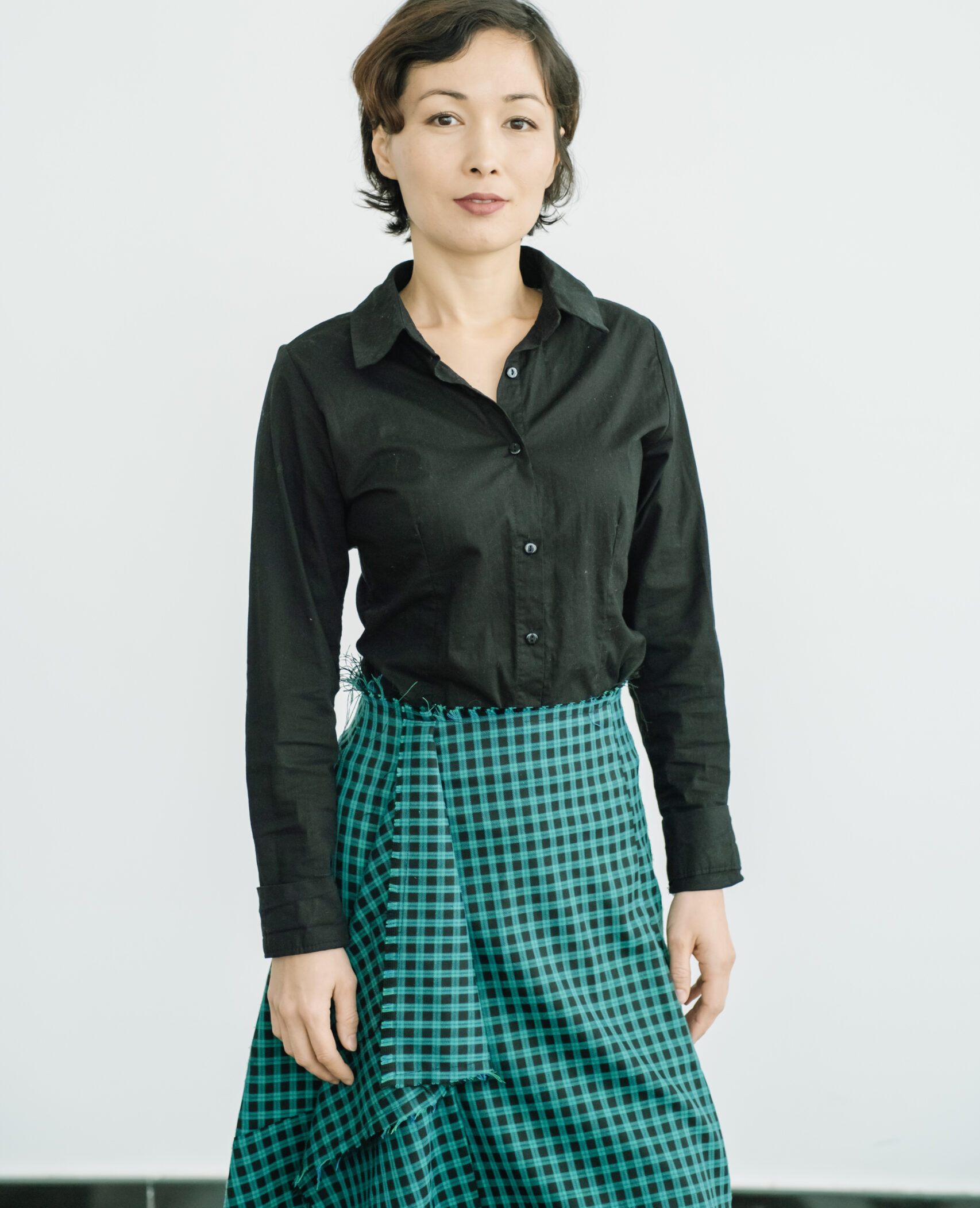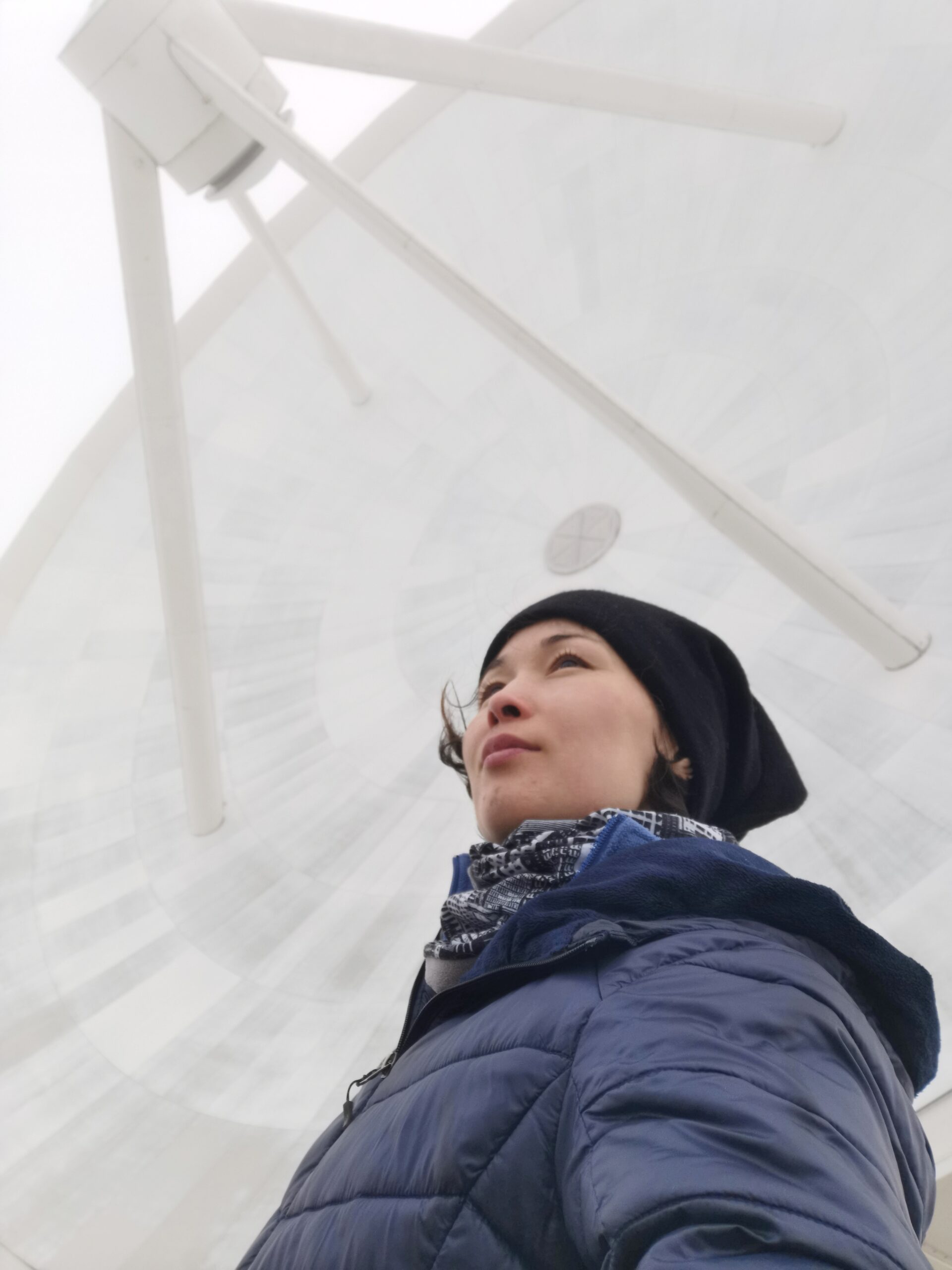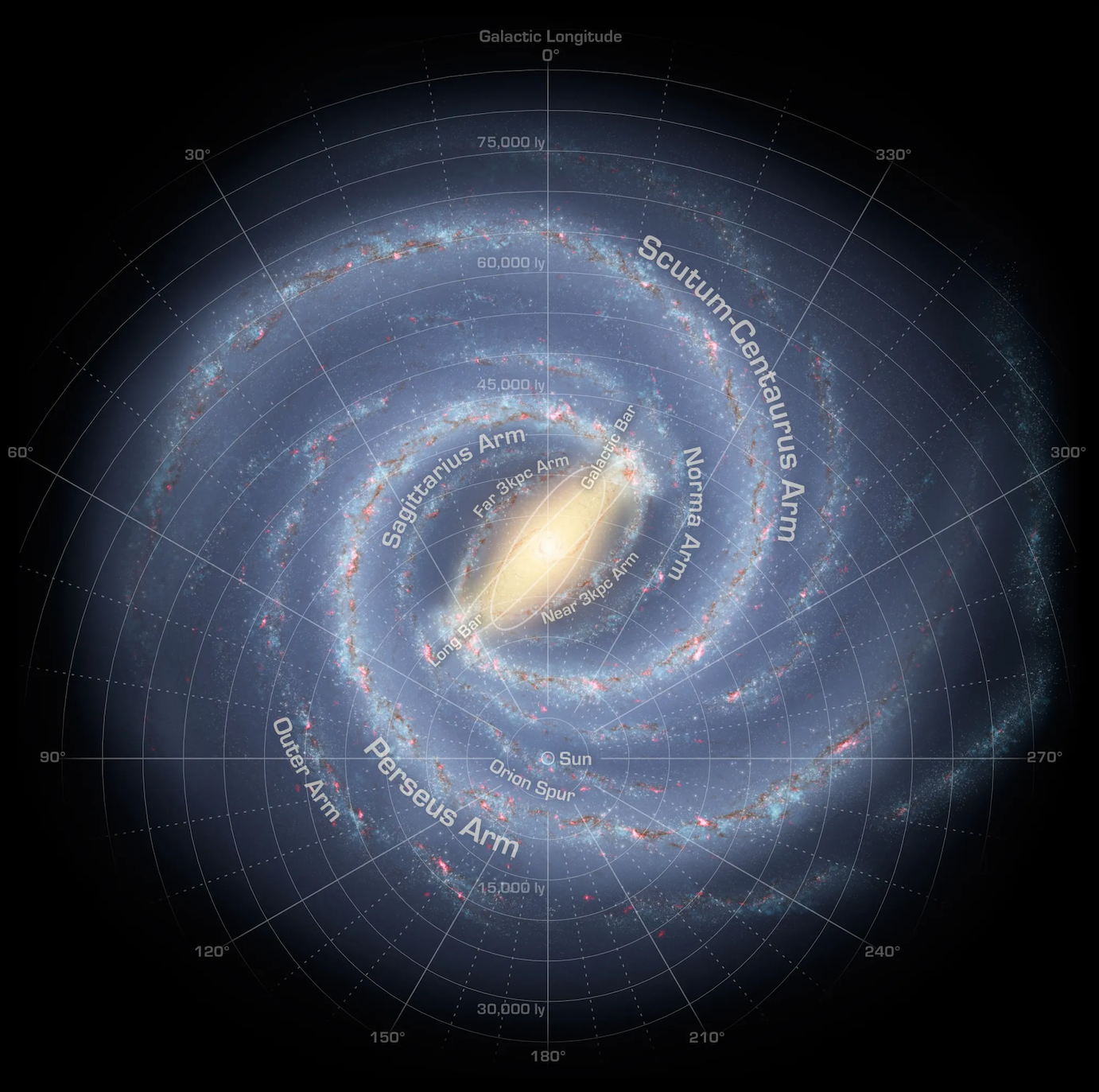ASTANA — In the vast expanse of the universe, a realm of cosmic wonders captivates the imagination of scientists and dreamers alike. Dana Alina, an assistant professor in the Department of Physics at Nazarbayev University, delved into the intricate mysteries of space, shedding light on the enigmatic world of stardust, magnetic fields, and the evolving role of artificial intelligence in scientific exploration.

Assistant Professor at the Department of Physics of Nazarbayev University Dana Alina. Photo credit: Dana Alina’s personal archive.
Childhood and education: a journey unfolds
Born and raised in Kazakhstan during a transformative era marked by the transition from the 1990s to established capitalism, Professor Alina reflected on the pivotal role of opportunity in shaping her trajectory.
“I can’t say that I thought as a child that I would become a scientist,” she confessed.
Bolashak, a national scholarship program offering educational opportunities abroad, opened doors for her, ultimately leading her to astrophysics.

Dana expressed a hopeful outlook for the future of science in Kazakhstan. Photo credit: Dana Alina’s personal archive.
“If in the 1980s and 1990s, someone had the opportunity to get rich quickly, we had the opportunity to jump from one environment to another, thanks to Bolashak,” she said.
Recalling her educational journey, Alina’s blend of determination and fortuitous circumstances propelled her forward.
“I agreed to study physics because the Bolashak scholarship was given only for the physics program at that time. Then, when the time came for the Master’s degree, I enrolled in the astrophysics program,” she explained.
Rooted in a family ethos of discipline and self-realization, Dana emphasized the importance of upbringing in shaping one’s character.
“My achievements are the result of hard work, self-discipline, and perseverance. My parents instilled discipline in me and taught me to be responsible for myself and others,” she said.
Yet, her upbringing defied traditional gender roles, prioritizing intellectual pursuits over societal expectations.
Stardust and the mysteries of the cosmos
At the heart of Professor Alina’s research lies the allure of stardust, a cosmic phenomenon teeming with significance. “Maybe because I’m petite myself, I like it when something small, invisible, has a big meaning,” she said.

The Milky Way Galaxy. Photo credit: NASA/JPL-Caltech/R. Hurt.
“Stardust is part of interstellar space. It is very small compared to, for example, interstellar gas. For one gram of dust, there are one hundred grams of gas. But at the same time, stardust is pivotal in star formation and molecular synthesis,” she explained.
During the interview, she unraveled the fabric of cosmic evolution, painting a vivid picture of the cosmic ballet where dust grains dance in the unseen currents of magnetic fields.
“New molecules are born there. A water molecule can form on a speck of dust. We all know the formula of water, one molecule of oxygen and two molecules of hydrogen. In space, where there is rarefied space, a vacuum, two hydrogen molecules must find each other along with another oxygen molecule. This is very difficult, so the molecules stick to a speck of dust, travel on it, find each other, and then can separate from it,” she explained.
Delving deeper into her research, the professor clarified the symbiotic relationship between dust grains and magnetic fields.
“Dust grains sense magnetic fields; the direction of the magnetic field determines their movement. By observing dust grains, I can also observe the structure of the magnetic field,” she said.
Drawing a parallel between the sun’s protective embrace and a mother’s womb, she highlighted the crucial role of magnetic fields in shielding our planet from the onslaught of solar radiation.
“The sun has its own magnetic field and solar wind, and we are in the cocoon that the sun created for us,” she explained. “Solar wind consists of light and heavier particles.”
Transitioning to her daily routine, Professor Alina provided insight into the nature of her work. “If it’s a semester, then you need to come, open the slides, finish them, complete the tasks, and give lectures,” she shared. “Then, if it’s time for grant applications or applications for telescopes, you write those applications.”
Despite the demands of academia, Dana finds solace in her annual pilgrimages to the telescope. “I really like this about my job,” she said.
“If it turns out that I can’t go to telescopes, then it will be very difficult for me. Nowadays, there are a lot of telescopes online; you constantly have to monitor them. But on the road, it is very convenient. You come and get data and are not distracted by anything else,” she said.
AI and the path ahead
Amidst the burgeoning influence of artificial intelligence (AI), Alina uses its potential to augment scientific inquiry. “I try to automate some things, solve problems using AI that conventional programming cannot,” she said. Rather than fearing obsolescence, she sees AI as a tool for liberation from mundane tasks, fostering innovation and exploration.
She embraces diversity and inclusion in fostering the next generation of scientists, welcoming students from diverse academic backgrounds. “I have a lot of female students,” she noted. “Maybe because I am a woman, they feel more comfortable.”
Her commitment to meritocracy transcends disciplinary boundaries, recognizing talent and ambition regardless of gender.
Challenges and progress in science
Contemplating humanity’s impact on space exploration, Alina grappled with the delicate balance between progress and environmental stewardship. “Science helps human development, yet we must tread carefully,” she said. As commercial interests collide with ecological concerns, she advocated for conscientious exploration grounded in ethical principles.
“The lack of international regulations exacerbates these issues, leaving both domains vulnerable to exploitation. While my peers admire Elon Musk’s endeavors, there’s a recognition of the environmental toll associated with such ventures. The challenge lies in reconciling our pursuit of knowledge with our responsibility to safeguard our planet,” she said.
In conclusion, Dana expressed a hopeful outlook for the future of science in Kazakhstan. The growing presence of numerous laboratories, research papers, and an enthusiasm for scientific endeavors, coupled with the evident enthusiasm towards scientific professions among the younger generation, instills confidence in the nation’s scientific landscape.
